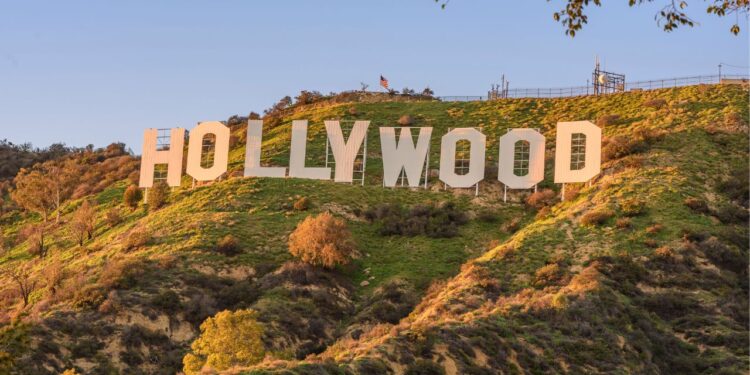Members of the Writers Guild of America (WGA) have ratified a new three-year contract with major Hollywood studios. The decision comes five months after the union initiated a strike that disrupted film and television production in the U.S.
According to Reuters, an overwhelming 99% of the approximately 8,500 votes cast were in favor of the deal. The new contract includes pay raises and protections concerning the use of artificial intelligence, among other benefits.
The SAG-AFTRA actors union, which had its members walk off the job in July, is reported to still be in negotiations with studio representatives.
These strikes in the entertainment industry are emblematic of a broader resurgence of labor movements across the U.S. Companies from other industries, including UPS and Detroit auto manufacturers, have faced similar labor challenges this year. The impact of these movements reveals how influential they can be in securing workers’ rights.
The writers’ strike, which began on May 2, led to the shutdown of numerous film and TV sets and delayed several shows intended for the fall season. While writers resumed work on September 27 after a tentative agreement with the AMPTP, many productions are still on hold due to the ongoing actors’ strike.
The Hollywood strikes have had a costly economic impact on the state of California, accounting for nearly $6 billion in lost output, according to Reuters.
Additionally, the Hollywood strikes reveal an impactful trend of workers across various industries demanding better working conditions, pay, and protections — especially in the age of technological advancements like AI and flexible work environments.
As industries adapt to new trends and technology, the workforce is becoming more vocal about their rights and needs. This trend is likely to persist as workers around the world recognize the power of collective bargaining. The Hollywood scenario serves as an example that has delivered results.
















